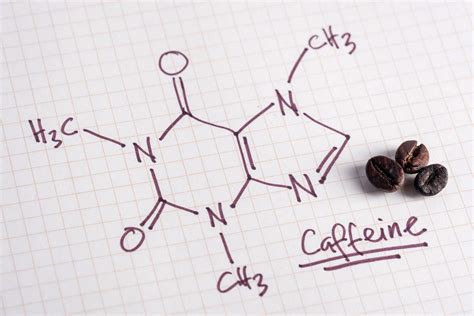Athletes constantly seek an edge to enhance performance, endurance, and recovery. Supplements like creatine, caffeine, and protein play crucial roles in fueling the body for optimal performance. However, physiology varies from one athlete to another, raising the question: Should athletes adjust creatine, adjust caffeine, and adjust protein intake based on their unique physiological makeup? The answer lies in the science of metabolism, muscle composition, and individual response to these supplements.
Understanding the Role of Creatine in Athletic Performance
Creatine is a naturally occurring compound that provides energy for high-intensity activities. It is stored in muscles as phosphocreatine, which helps regenerate ATP (adenosine triphosphate), the primary energy currency of cells. Research indicates that creatine supplementation can improve performance in short bursts of intense exercise, such as sprinting and weightlifting, by up to 15%.
However, the need to adjust creatine intake depends on factors like muscle mass, training intensity, and individual response. Some athletes are "high responders," experiencing significant strength and performance gains, while others see minimal effects. Additionally, vegetarians tend to benefit more from supplementation since their diets lack direct creatine sources found in meat and fish. Adjusting creatine intake based on body weight is also crucial, with a common recommendation being 0.03 g per kg of body weight per day for maintenance after an initial loading phase of 20 g per day for 5–7 days.
Caffeine and Its Impact on Athletic Performance
Caffeine is widely used as an ergogenic aid to enhance endurance, alertness, and reaction time. Studies show that caffeine can improve endurance performance by 2–4% and increase time to exhaustion in aerobic activities. The mechanism behind this lies in caffeine’s ability to block adenosine receptors, reducing perceived exertion and increasing alertness.
However, caffeine metabolism varies significantly among individuals. Genetic differences in the CYP1A2 enzyme determine whether an athlete is a fast or slow metabolizer of caffeine. Fast metabolizers experience enhanced performance benefits with moderate caffeine intake, while slow metabolizers may suffer from increased heart rate, anxiety, or digestive discomfort. Athletes should adjust caffeine intake accordingly, with general recommendations ranging from 3–6 mg per kg of body weight about 60 minutes before exercise. Exceeding this dose can lead to diminishing returns, jitters, and sleep disturbances, ultimately hampering recovery.
The Importance of Protein for Muscle Growth and Recovery
Protein is essential for muscle repair, growth, and recovery. The optimal protein intake depends on factors such as training volume, muscle mass, and dietary protein sources. Research suggests that athletes engaged in resistance training require 1.6–2.2 g of protein per kg of body weight per day, while endurance athletes need slightly less, around 1.2–1.6 g per kg.
Beyond quantity, the timing and quality of protein intake also matter. Consuming 20–40 g of high-quality protein within 30–60 minutes post-workout enhances muscle protein synthesis. Additionally, protein distribution throughout the day, rather than consuming a large amount in one sitting, has been shown to optimize muscle repair.

Should Athletes Adjust Creatine, Adjust Caffeine, and Adjust Protein Based on Physiology?
Physiology plays a significant role in determining an athlete’s response to these supplements. For instance, muscle fiber composition affects creatine storage and utilization. Fast-twitch muscle-dominant athletes, such as sprinters and powerlifters, may benefit more from creatine supplementation compared to endurance athletes. Similarly, individual tolerance to caffeine dictates whether its performance-enhancing effects outweigh potential side effects.
Genetic factors also influence protein metabolism. Some individuals possess higher levels of anabolic hormones, making them more efficient at protein synthesis, while others may require higher protein intake to achieve the same muscle-building effects. Athletes should consider genetic testing or work with a sports nutritionist to determine the most effective intake adjustments.
Practical Strategies for Optimizing Supplement Intake
To optimize supplementation, athletes should experiment with different dosages, timing, and combinations tailored to their physiological responses. Here are some practical strategies:
- Adjust Creatine: Start with a loading phase if rapid benefits are desired, then shift to a maintenance dose based on body weight.
- Adjust Caffeine: Begin with a moderate dose and assess tolerance, adjusting intake according to training intensity and competition demands.
- Adjust Protein: Distribute protein intake evenly throughout the day, focusing on high-quality sources like lean meats, eggs, dairy, and plant-based proteins for vegans.
Conclusion
Athletes can maximize their performance by tailoring supplement intake to their physiology. While general guidelines provide a starting point, individual responses vary due to factors like genetics, metabolism, and training goals. By taking a personalized approach and monitoring results, athletes can fine-tune their supplementation strategy for optimal performance and recovery.
Elevate your athletic performance with BoostedOxygenWater, the perfect hydration solution infused with oxygen for enhanced endurance, recovery, and energy. Designed for athletes and fitness enthusiasts, our premium formula complements your creatine, caffeine, and protein intake, optimizing your body's natural potential. Whether you're a retailer, gym owner, or distributor, offer your customers a scientifically backed hydration product that fuels their success. Join the movement today!
Schedule a call now to discuss wholesale opportunities and exclusive partnership benefits. Let's power up performance together!
Reference:
1. Fox, E., McDaniel, J., Breitbach, A., & Weiss, E. (2011). Perceived protein needs and measured protein intake in collegiate male athletes: an observational study. Journal of the International Society of Sports Nutrition, 8(1). https://doi.org/10.1186/1550-2783-8-9
2. García-Dávila, M., Siqueiros, M., Bauer, P., Makivić, B., Cruz, G., Colmenero, B., … & Martínez‐Rodríguez, A. (2023). Analysis of dietary intake and body composition of collegiate runers. International Journal of Morphology, 41(3), 845-850. https://doi.org/10.4067/s0717-95022023000300845
Gillen, J., Trommelen, J., Wardenaar, F., Brinkmans, N., Versteegen, J., Jonvik, K., … & Loon, L. (2017). Dietary protein intake and distribution patterns of well-trained dutch athletes. International Journal of Sport Nutrition and Exercise Metabolism, 27(2), 105-114. https://doi.org/10.1123/ijsnem.2016-0154

